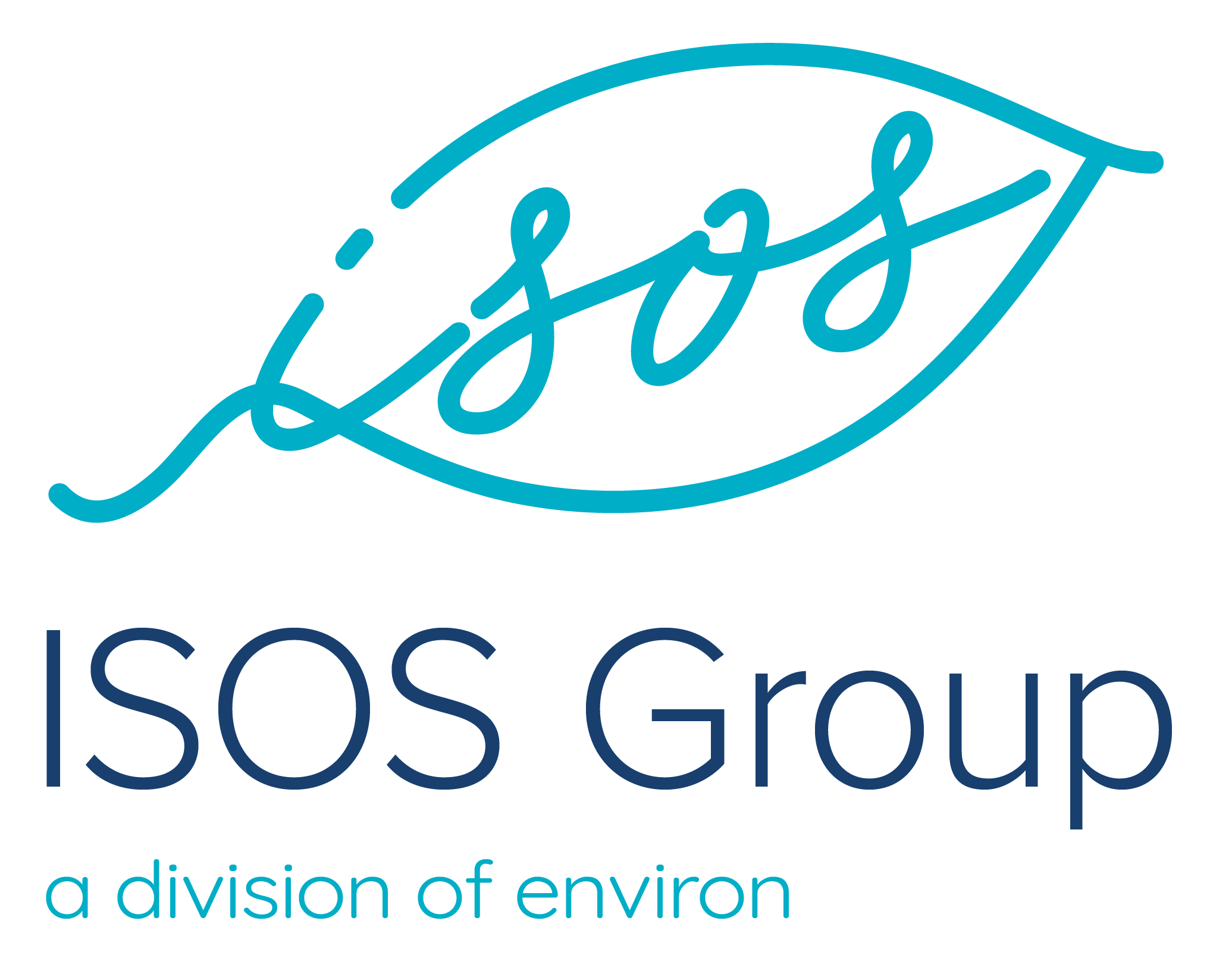SEC Publishes Sample Letter to Companies on Climate Change Disclosure
February 2, 2022, Update:
As the Securities and Exchange Commission (SEC) moves closer to mandated climate disclosure, it has published letters to subsidiaries of at least seven major companies – including Morgan Stanley, Verizon and Ford – asking them to report, or better describe, any risks they faced from climate change in 2021. This is the first time since 2014 that the SEC has sent specific reminders about the 2010 Climate Change Guidance and the most the agency has contacted reporting companies on the matter in a single year.
October 4, 2021, Update:
In late September, The SEC published a sample letter to companies regarding climate change disclosure, specifically regarding Risk Factor and Management’s Discussion and Analysis (MD&A) disclosures. Before their next SEC filings, companies should consider:
Ensuring consistency between sustainability reports and SEC reporting (especially for material topics)
Discussing any significant climate-related litigations, government initiatives, laws or other regulatory changes that affect their business in the 10-K or 10-Q
Disclosing and quantifying investments for climate-related projects, or increased compliance costs related to climate change
SEC Climate Disclosure Rule Proposal Expected by End of Year
August 18, 2021
The U.S. Securities and Exchange Commission (SEC) recently closed its public comment period (March 15–June 13) on climate disclosures. More than 550 distinct comment letters were submitted with three out of every four letters supporting mandatory climate disclosure rules.
Notable responses include a letter penned by a group of seven tech companies – Google parent Alphabet, Amazon, eBay, Facebook, Intel and Salesforce – in support of disclosures outside of annual, quarterly and other documents filed with the SEC to not subject companies to undue liability. The oil and gas industry has also expressed concern about the mandate. The American Petroleum Institute (API) doesn’t want the SEC to force companies to report climate disclosures in annual 10-K reports. It is also concerned about the practicality of reporting indirect emissions from customers burning fuel.
SEC Chair Gary Gensler expects his staff to develop a mandatory climate risk disclosure rule proposal by the end of the year – emphasizing the need for “consistent, comparable, and decision-useful” climate risk information. Gensler is also facing pressure to deliver U.S. climate reporting rules before the UN Climate Change Conference of Parties (COP26) in November.
In remarks to a Principles for Responsible Investment webinar on July 28, 2021, he outlined several rulemaking considerations:
One of the biggest questions of the forthcoming mandate is on the location of disclosure, which will determine whether climate disclosures must be filed in the Form 10-K or other reporting format such as an annual sustainability report.
What types of descriptive, qualitative disclosures should be required to answer key investor questions. For example, how the company manages climate-related risk and opportunities and how that plays into its overall strategy.
The SEC is considering what comparable, quantitative disclosure metrics should be required across companies including those related to greenhouse gas emissions and whether companies will be required to report Scope 3 emissions in addition to Scope 1 and 2.
The rulemaking process will also mull over whether industry-specific climate disclosures are the best option.
The SEC is also assessing the need for companies to provide scenario analysis on how their business would adapt to range of physical, legal, market, and economic changes that might contend with in the future, including the physical risks associated with climate change and transition risks. This aligns with the recommendations of the Task Force for Climate-related Financial Disclosures (TCFD).
Another key consideration examines the jurisdictional requirements for organizations in localities that have made commitment to climate targets, such as the Paris Climate Agreement.
Finally, The SEC is considering how to incorporate existing external disclosure frameworks such as the SASB Standards into their mandate.
According to a survey of 436 companies by the U.S. Chamber of Commerce on the topic of climate disclosures:
87% believe the SEC climate disclosure rules should vary based on a company’s capitalization, revenue, or similar metric.
84% believe the SEC should adapt climate change disclosure rules to various industries.
74% support a gradual phase-in of mandatory climate disclosure rules.
47% oppose a requirement that the CFO, CEO, or other corporate officer certify the report.
It appears inevitable that climate-related disclosure will soon become a part of SEC reporting. The timeline for disclosure will likely allow reporting companies a window to ease into the requirements. We recommend companies take the time to understand their strengths and gaps against those potential requirements, particularly the TCFD recommendations and SASB. Information gathering against these standards and frameworks cuts across an organization and requires a concerted effort.
Please contact us if you have any questions or if you’d like to discuss how your organization can prepare for mandatory disclosures.

